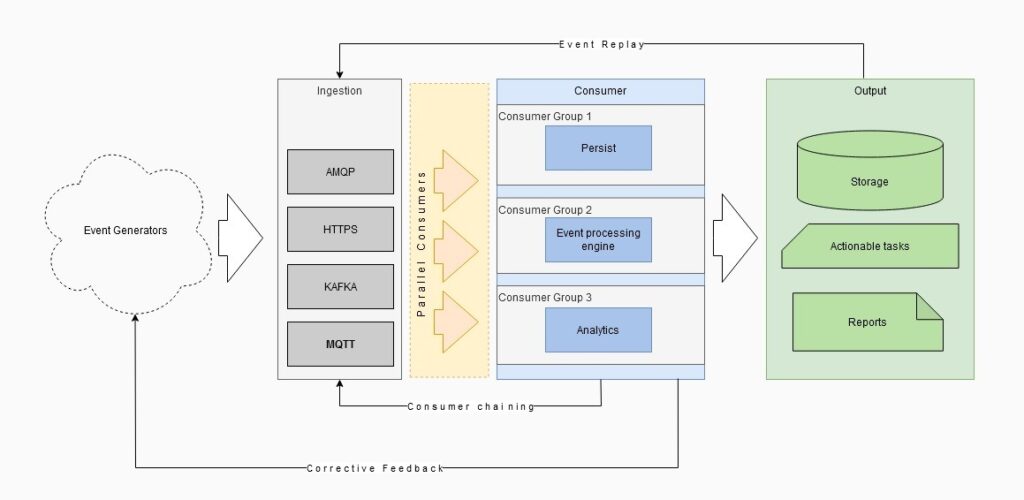A manual worker can always be judged in terms of the quantity and quality of a definable and discrete output. We have learned to measure efficiency of manual work to the limit where we can quantify contribution of a worker by few parameters only. Not long ago there was more of a need of manual workers rather than knowledge workers, so the measurement of efficiency of a knowledge worker has not evolved and is taken for granted. They can make mistakes and it is very hard to differentiate the effectiveness of one vs the other.
Today the focus of work is on the work which is done between the ears rather than by hands. More and more people are using theory, and skill for their contribution to the organization.
Any person who has to make decisions on the job, and not simply carry out orders is a knowledge worker. And by virtue of his knowledge he must take responsibility for his contribution.
A newspaper interview with a young American infantry captain in the Vietnam jungle. Asked by the reporter, “How in this confused situation can you retain command?” the young captain said: “Around here, I am only the guy who is responsible. If these men don’t know what to do when they run into an enemy in the jungle, I’m too far away to tell them. My job is to make sure they know. What they do depends on the situation which only they can judge. The responsibility is always mine, but the decision lies with whoever is on the spot.”
Every man is the team is a knowledge worker, and the manager is not there every time to make decisions. A manager should thus equip all workers with tools, methods and skill that they make the right decision in the field.
The primary goal of a manager is “to get work done”. The successful manager uses different tools and methods to achieve the objective.
The successful ones differ widely in their abilities, temperament, how they approach a problem, interests, knowledge. Some are introverts, some are extroverts, they may be eccentric or conformists, may be lean or fat, some may be warm and have lot of charm, others may have a totally cold personality, Some may even not look on the outside as a natural leader. In other words they can differ widely and have no seemingly common trait. One thing which they have in common is the practices which make them effective and get things done.
There are five habits that a successful manager uses
- Effective use of time. Work systematically to manage the little time they have which can be brought in their control.
- Focus on contribution, ask “What results are expected of me?” Rather than what work is expected from me.
- Build on strength of others. Do not expect one person to have all skills as naturals do not exist or are hard to find.
- Concentrate on few major areas where superior performance will yield outstanding results.
- Making many fast decisions means making wrong decisions. Make few but fundamental decisions.




